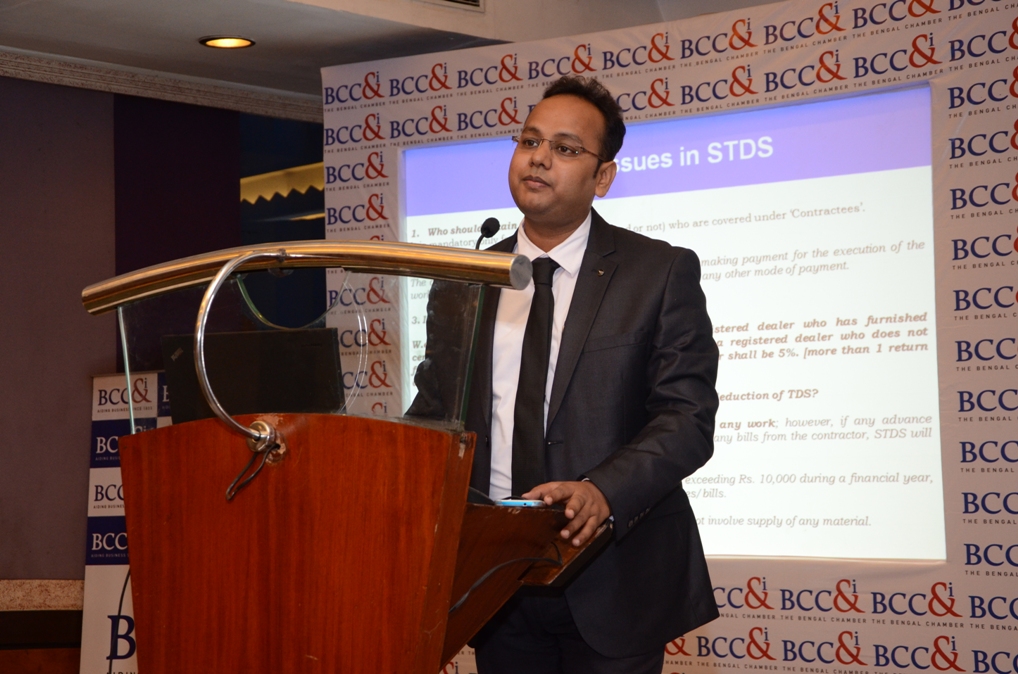Unlock significant cost savings with the MOOWR (Manufacturing & Other Operations in Warehouse) Scheme! Explore the benefits, implementation, and how manufacturers can save 1% – 3% of costs through this insightful guide.
The Customs Department is allowing import of raw materials and capital goods without payment of duty for manufacturing and other operations in a bonded manufacturing facility through the MOOWR (Manufacturing & Other Operations in Warehouse) Scheme. The Scheme should be availed of by all manufacturers across India who are importing raw material or capital goods to atleast be at par with competitors. Manufacturers who will not taking advantage of the Scheme may be costly vis-a-vis others to the extent of 1% – 3%, quite a big number in terms of cost effectiveness. In this article we will discuss the Salient features of this Scheme which is now helping many manufacturers in India gain competitive advantage and cost effectiveness in their businesses.
MOOWR Scheme explained with Illustrations
When the raw materials or capital goods are imported, the import duty on them is not to be paid. If these imported inputs are utilised for exports, the deferred duty is never to be paid. Only when the finished goods are cleared to the domestic market, import duty is to be paid on the imported raw materials used in the production. Import duty on capital goods is to be paid if and when the capital goods are cleared to the domestic market. If these imported capital goods are exported, the deferred duty is never to be paid.
Now let us understand better with the following illustrations –
Illustration 1. A manufacturer imports plant & machinery (P&M) worth Rs. 1 Cr. The Customs duty and IGST would be 28% say on the P&M. This entire Rs.28 Lakhs would not be required to be paid on import of the P&M.
Now incase after 10 years this P&M needs to be disposed off by exports. Then also no tax needs to be paid. However, only incase the P&M is cleared in the DTA, then the duties and taxes saved have to be paid.
Hence, the interest on Rs.28 Lakhs gets saved for 10 years which means that every year on an average Rs. 3 Lakhs approx. gets saved. Assuming the total Cost of Sales from the goods produced to be around Rs. 2 Crores in the year, there would be a saving of 1.5% approx. on this account.
Illustration 2. The manufacturer imports Raw Material (RM) worth Rs. 50 Lakhs. The Customs duty and IGST would be 28% say on the RM. This entire Rs.14 Lakhs would not be required to be paid on imports.
Now incase after 6 months finished goods produced from this raw material is sold off by exports. Then also no tax needs to be paid. However only incase the finished goods are cleared in the DTA, then the duties and taxes saved have to be paid.
Hence, the interest on Rs.14 Lakhs gets saved for 6 months which means that for the year on an average Rs. 1.5 Lakhs gets saved in two operating cycles. Assuming the total Cost of Sales from the goods produced to be around Rs. 2 Crores in the year, there would be a saving of 0.75% approx. on this account.
Conclusion from Illustration 1 & 2 – from the above Illustrations 1 & 2 above, it can be concluded that the manufacturer would be saving around 2.25% of costs of sales due to the MOOWR scheme.

Salient features of implementation of MOOWR Scheme
1. Commissioner of Customs acts as the single point of contact for all approvals.
2. There is a Common application cum approval form for a license for private bonded facility and permission for manufacturing and other operations.
3. The processes for availing the license for a private bonded facility (as per Section 58) and for manufacturing or performing other operations (as per Section 65) are combined under single application.
4. Capital and non-capital goods (raw materials, components, etc.) can remain warehoused until clearance or consumption.
5. New manufacturing facility can be set up or an existing facility can be converted into a bonded manufacturing facility irrespective of its location in India.
6. All records of manufacturing and other operations shall be maintained digitally in a single format in Annexure B below.
7. A bond needs to be executed and a physical copy submitted to the Jurisdictional Commissioner of Customs. Before execution of a Bond, a Customs Officer visits the facility to evaluate the compliances in order to issue the license.
8. Through bonded manufacturing, all types of businesses can avail exemption on customs duty on imported inputs used in the production of finished goods.
9. Warehoused goods can be cleared –
a. For domestic consumption
b. For exports
c. To another bonded manufacturing facility
10. Monthly returns need to be submitted.
11. There is no Minimum Export/ Domestic clearance obligation.
12. Regular records need to be maintained and preserved for 5 years
MOOWR is thus a scheme which is a must for all existing and new manufacturers and it is recommended that benefit should be availed by all.







Q-1 if we purchase machinery under MOOWR scheme then only custom duty is deferred or IGST also gets deferred?
Q-2 When the Machinery Purchased under Moowr Scheme is sold as scrap, entrire amount of duties and taxed saved has to be paid or tax on scrap value needs to be paid?
1. IGST Also deferred
2.Entire duty saved needs payment